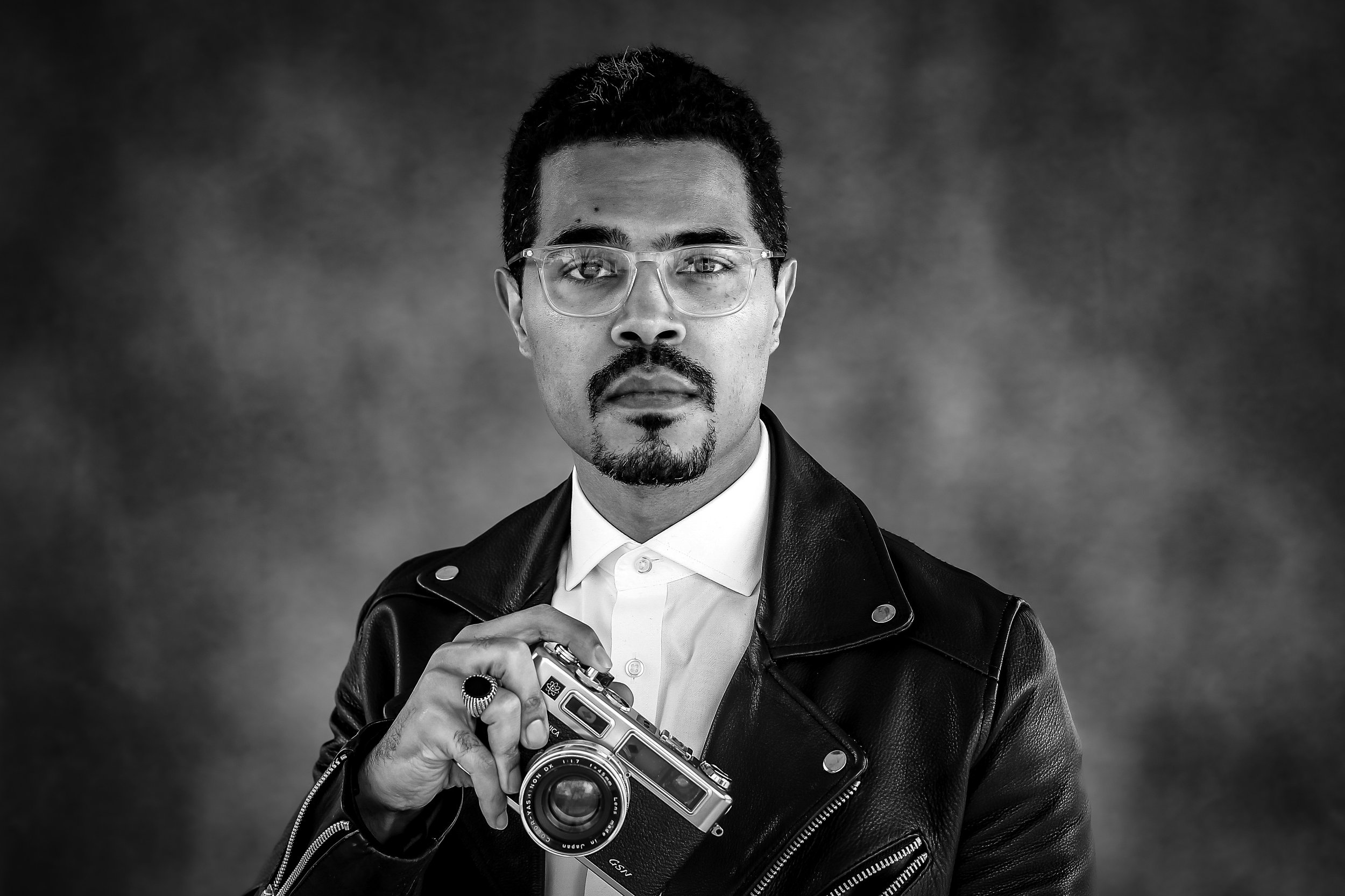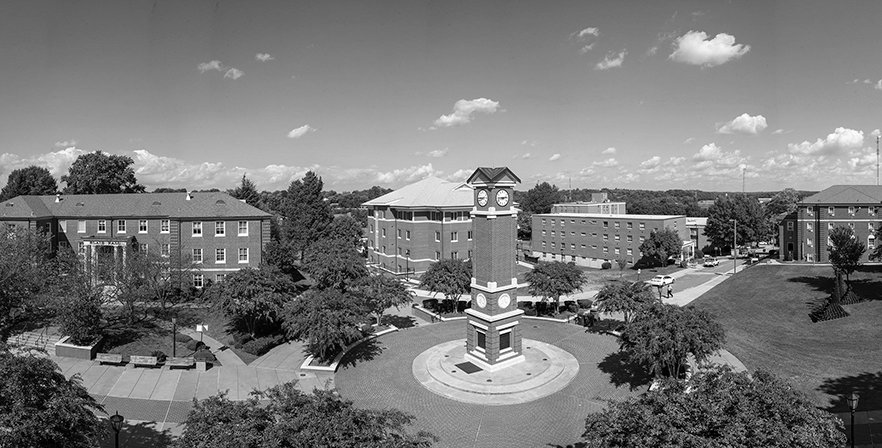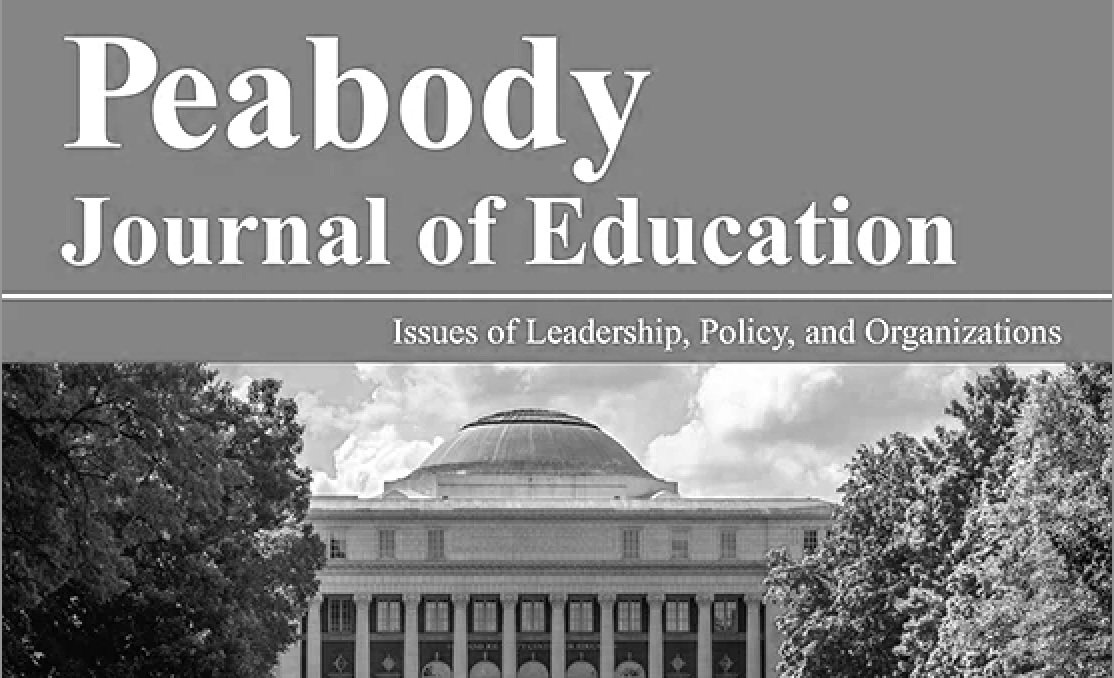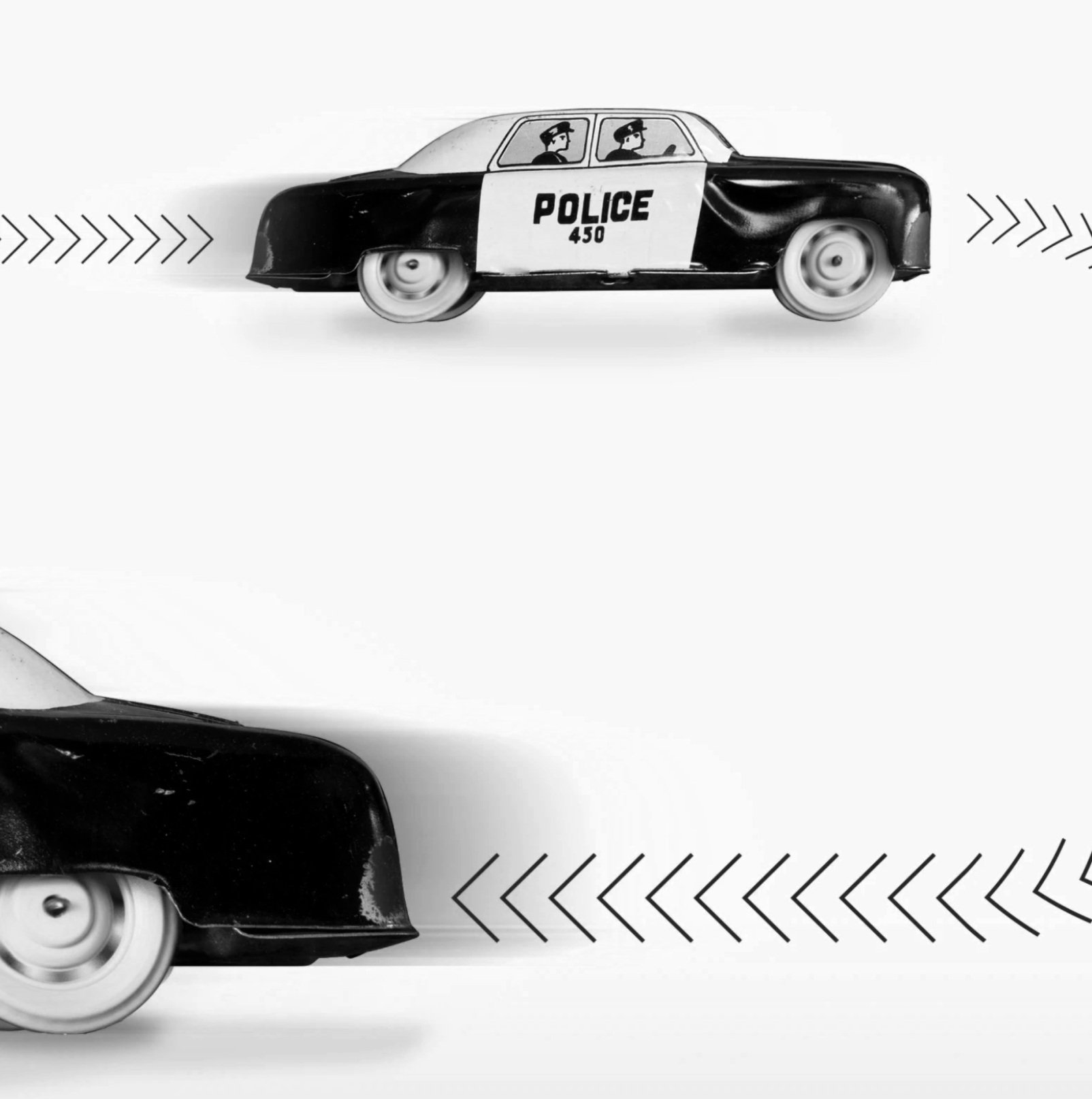
Welcome
Thanks for visiting hfdavis.com and your interest in my work. I am a third-generation educator and artist committed to the lives, love, and liberation of everyday Black people. As a professor at the University of Michigan, my research and teaching broadly focus on issues of race, racism, and resistance in education and its social contexts. I founded and currently direct the Campus Abolition Research Lab and host the #PoliceFreeCampus Podcast. I recently co-edited Student Activism, Politics, and Campus Climate in Higher Education and routinely write and provide expert commentary about systemic inequity, oppression, and movements for racial justice on-campus and beyond. I also provide keynote speeches, workshops, and trainings nationally as well as offer consulting services to individuals and organizations to support and strategically improve their ability to respond to systemic racism and other equity issues on a selective basis.
Recent Articles, Chapters, and Essays
For the better part of two academic years, many colleges and universities have reacted rather than responded to organized study and struggle against Israeli genocide in Palestine. Most notably, this has included administrative decisions that encouraged and directed the criminalization and brutalization of involved students, staff and faculty members by campus and municipal police.
Calls to abolish police from college campuses have grown considerably louder over the years. In particular, following the murder of George Floyd in 2020, colleges were forced to seriously consider their role in legitimizing the institution of policing. For decades, however, concerned students, faculty, staff, and community members have sounded the alarm that, for marginalized people, campus policing is as detrimental as municipal policing.
Broadly speaking, No Study Without Struggle rigorously engages the systemic and structural entanglements of oppression and organized resistance within education and its social con- texts. Bringing together historical records, oral histories, and contemporary case examples, Patel beautifully illustrates relationships of power through the analytical lens of settler colonialism.
Yesterday morning, Leila Hamoud, a Black woman undergraduate, was arrested in her classroom at Winston Salem State University (WSSU) by university police officers. Dr. Davis and the Campus Abolition Research Team weigh in on the promise of abolition for our nation’s HBCUs.
Frequent incidents of racist hate speech on college and university campuses continue to instigate an ideological battleground between legal purists, anti- racist scholars, and those otherwise situated somewhere therein. We find that arguments from legal purists are predicated upon a false-equivalency between racist and anti-racist speech where the effect, value, and embedded power dynamics of the former are often disregarded.
Temple University senior Samuel Collington was shot and killed last November during an attempted robbery and carjacking near his North Philadelphia apartment. Collington’s death by gun violence followed the fatal shooting of an 18-year-old Philadelphian near Temple’s campus two weeks earlier.
Current popular policymaking theories, however, are inadequate to understand this phenomenon, as they under-theorize the role of racialized power in policymaking – e.g., the racialized network of policy elites and their core beliefs. In this chapter, we endeavored to bring together existing theory, research, and contemporary policymaking examples to offer a framework of racialized policymaking that explicitly describes the lack of progress for racial equity in higher education.
More than two decades after the Civil Rights Movement, Henry Hampton’s award-winning 14-part documentary Eyes on the Prize chronicled a transformative period in American social and political history and those individuals closest to the grassroots organizing that made it all possible. Altogether, the film series embodied the Pan-African principle of Sankofa, bringing from the past that which may have otherwise been forgotten.
Misogyny is an elusive concept. This is not because we cannot comprehend what it means when explained; it is because many of us are still trying to understand what ‘sexism’ and ‘patriarchy’ really mean In addition, misogyny is too easily reduced to extreme forms of how women and girls are despised and disregarded which we often feel mischaracterizes how we think of our own relationships to women and girls.
News and Commentary
To Davis, the statements from faculty and administrators supporting Israel or condemning pro-Palestinian protests have helped to create a “volatile” and “polarizing” campus climate. Many of the statements have a “complete and utter disregard” for how Palestinian people have been treated for the past 75 years, Davis said. This can be especially problematic for colleges with large populations of Palestinian and other Arab students, he said.
A wave of student activism has spread across the country this month following the onset of the Israel-Hamas war. And more activity is likely in the coming days, with the national Students for Justice in Palestine group issuing a second call to action for its campus chapters this week.
The demonstrations and the reactions to them stand out in the long history of campus protests, experts say. Students are more skeptical, more influential, and simultaneously more vulnerable than ever.
Three years after George Floyd’s murder, campus safety hasn’t changed much. George Washington University’s police department will begin arming some officers this fall for the first time. Portland State University quietly moved away from a 2021 policy change that had restricted its officers’ ability to patrol with weapons. Dr. Davis said the backpedaling on reform efforts “communicates a lack of political commitment” to the racial-justice priorities colleges identified in 2020. Davis served on the aforementioned Michigan task force.
The #PoliceFreeCampus Podcast engages organizers, practitioners, and scholars in discussing the challenges and possibilities for colleges and universities without the police. This public scholarship program builds on the Campus Abolition Research Lab’s ongoing research focus on campus policing (i.e., #PoliceFreeCampus Project)
The College Board has released the official framework for its new AP African American studies course. The release builds upon the pilot program that College Board released and implemented in select U.S. public high schools last year.



![No Study Without Struggle [Review]](https://images.squarespace-cdn.com/content/v1/51ab9fa0e4b06a38e604420a/1680215931600-M137URHDDBAG7VMTYGDB/No%2BStudy%2BWIthout%2BStruggle.jpg)











The parallel movements for police-free schools and police-free college campuses encouraged educational researchers to further investigate education’s policing problem, but also the broader realities about public safety at the intersection of education and society. Altogether, new demands emerged for the abolition of school and campus police as well as the socioeconomic conditions that necessitate their presence.